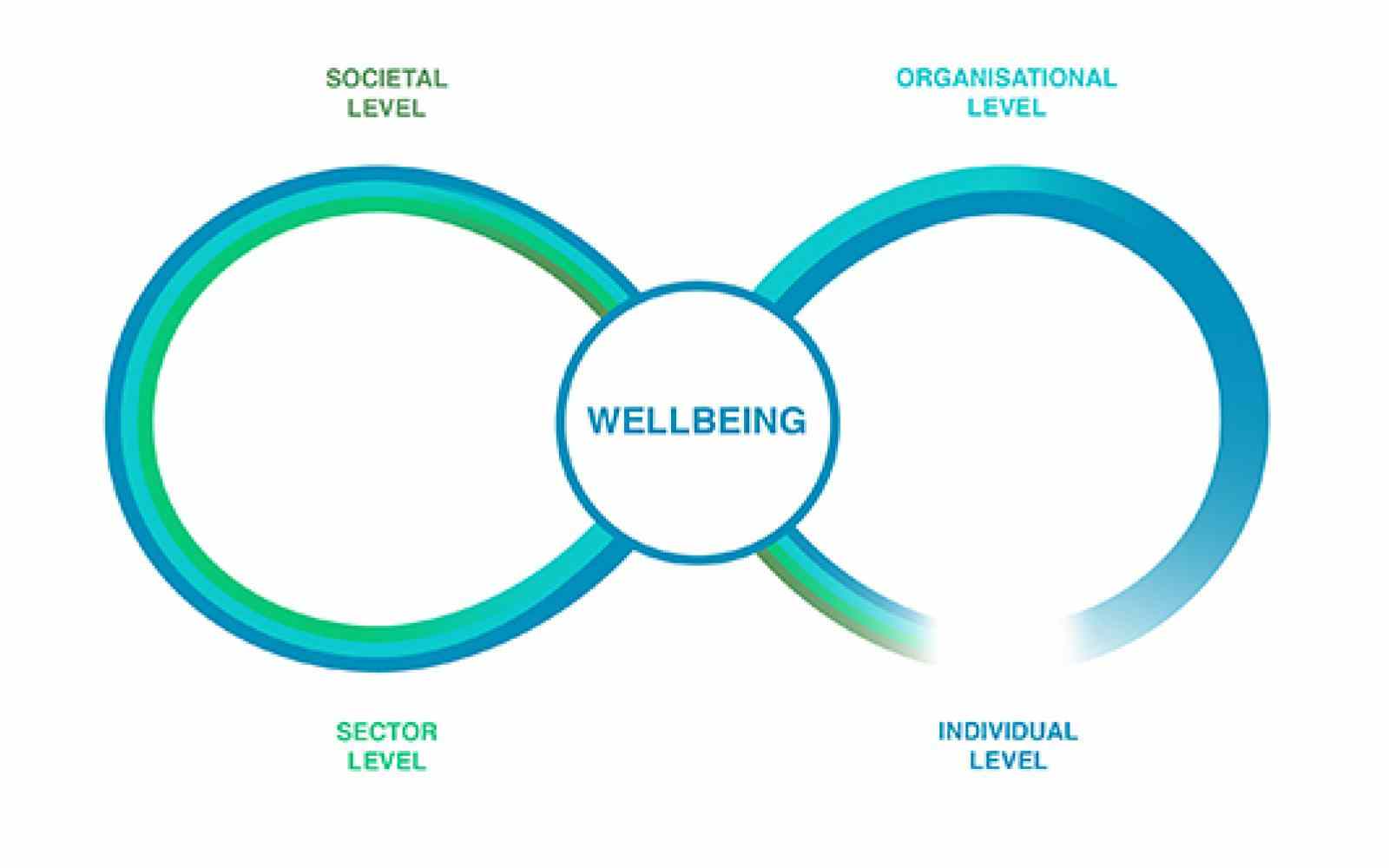
Connecting Individual and Societal Change
There is a cultural shift we are seeing today where discussion and practices related to issues like mindfulness and mental health are becoming commonplace, particularly in the West. In the realm of social change, more and more people are recognizing that well-being is an underlying issue that the field needs to address openly and understand better. To examine the development of inner well-being through inner work, as well as its effects, we launched an 18-month Inner Development Program (IDP). Participants applied from four different networks — Ashoka, the Schwab Foundation, the Skoll Foundation, and Synergos — and included social entrepreneurs, social activists, and nonprofit leaders. Ashoka designated well-being one of its 10 global priorities, and one of its initiatives is providing well-being programming in countries such as India, Mexico, and Canada. At the heart of our research—which is the first large-scale exploration of this topic, and which we hope will encourage further research—was the question of how change makers’ inner well-being influences how social change happens. Our results were exciting: participants generally demonstrated that individual shifts toward well-being positively influenced the well-being of their organizations and their engagement with the field. We have also begun to observe shifts at the societal level. In other words, our research shows a clear connection between the inner well-being of change makers and the way social change happens.Follow this series: Centered Self: The Connection Between Inner Well-Being and Social Change, that explores this important but often overlooked connection between inner well-being and effective social change
Ashoka insight
We learned it was universally difficult for respondents to distance themselves from their work, because they closely identified with their roles and because they felt that working too much was still considered a badge of honor within the sector. It also became clear that organizations and the sector more generally played a significant part in enabling a culture that was either supportive, or dismissive, of their inner well-being.
Today, we see more and more funders paying attention, a culture that increasingly recognizes the wide-ranging value of well-being, and a social change sector that is becoming more human. This cultural shift is happening even as we face some of the greatest challenges our world has ever seen, and it fills us with great hope—hope that we can meet those challenges by nurturing the extraordinary within each of us, and using those qualities to strengthen, deepen, and inspire the practice of creating change.